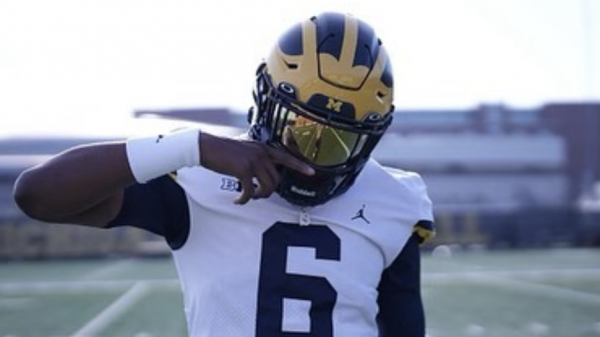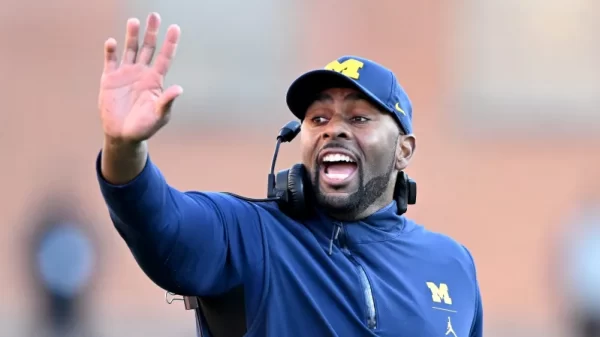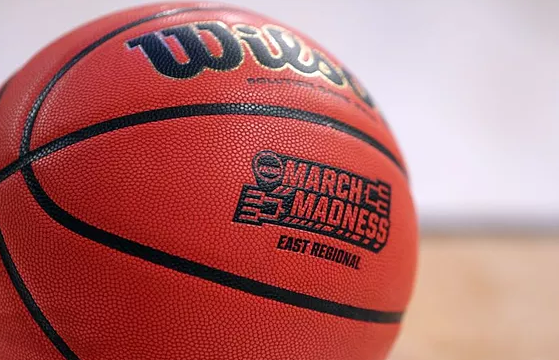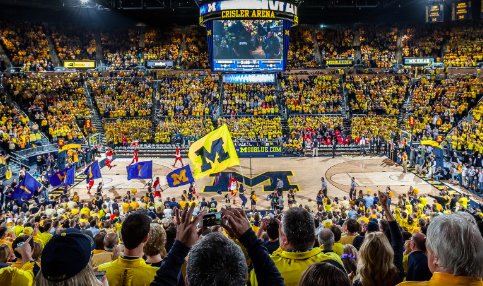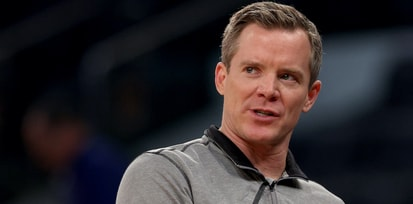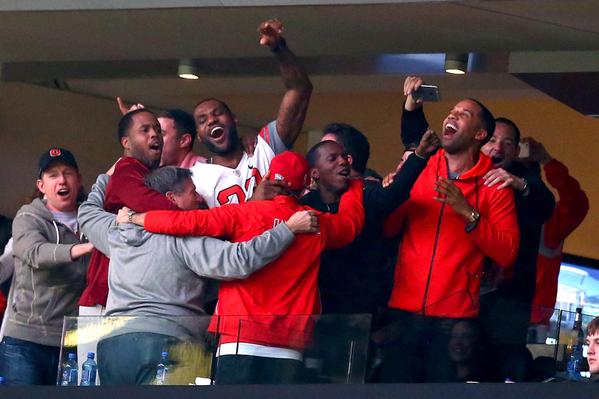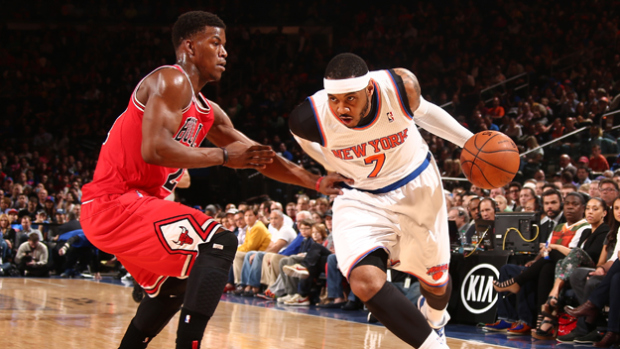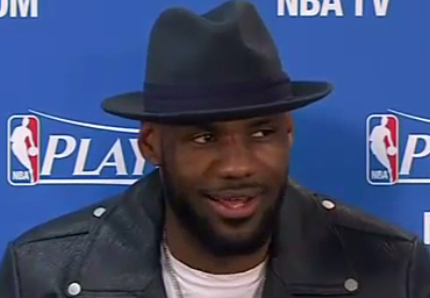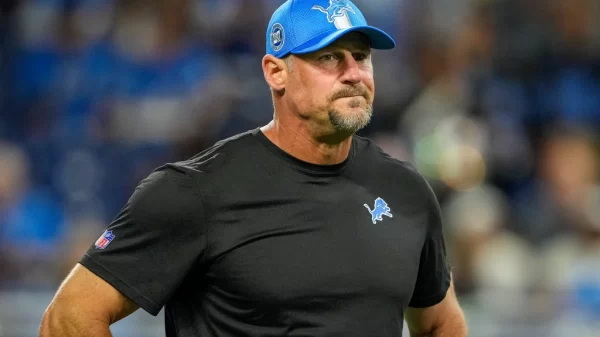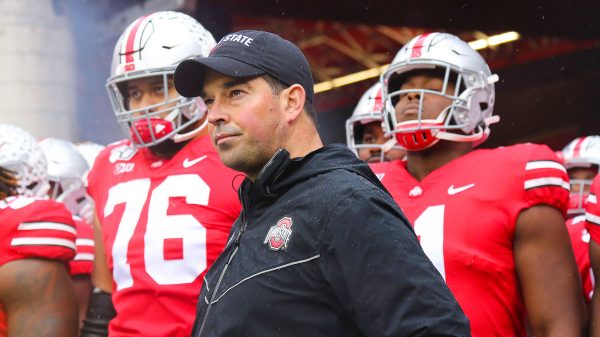Anyone with a Twitter account has seen celebrities and sports stars post a sponsorship tweet. Nike, however, will be the first to get a Twitter campaign banned after soccer players, Wayne Rooney and Jack Wilshire, did not clearly signify to their followers that their tweets were advertisements.
According to the Guardian, Nike has sponsorship deals with Man U and Arsenal footballers, and ran the Twitter advertisements as part of a ‘Make It Count’ campaign.
Wayne Rooney sent out this tweet in question to his 4.4 million followers: 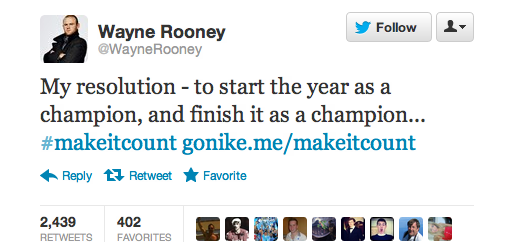
Similarly, England’s Jack Wilshere had posted in 2012, “ I will come back for my club – and be ready for my country gonike.me/Makeitcount”.
UK’s Advertising Standards Authority (ASA) received a complaint from a follower that it was not clear that these tweets were advertisements. The ASA had its first investigation in March, a Snickers campaign, involving English model Katie Price and soccer player Rio Ferdinand. However, Snickers was cleared of all wrong doings because the “tweets were clearly highlighted as part of a advertising campaign that consumers were not likely to be mislead.”
Nike has since argued that the footballers’ tweets did not mislead their followers, because the tweets had Nike branded url and because the message included advertising slogan, #Makeitcount.
The ASA ruled that Nike misled with their tweets saying, “There was nothing obvious in the tweets to indicate they were Nike marketing communications. In the absence of such an indication, for example #ad, we considered the tweets were not obviously identifiable as Nike marketing communications and therefore concluded they breached the [advertising] code. The ads must no longer appear. We told Nike to ensure that its advertising was obviously identifiable as such.”
It seems like a good idea for Twitter followers to know if the celebrity tweet they read is being paid for; let’s keep those #spon and #ad tags. And, if they just tweet because they like the brand, well more power to them. But, why would they, if they can get paid for it?
[photo credit: Sang Tang/AP]



